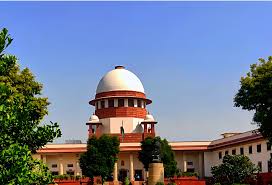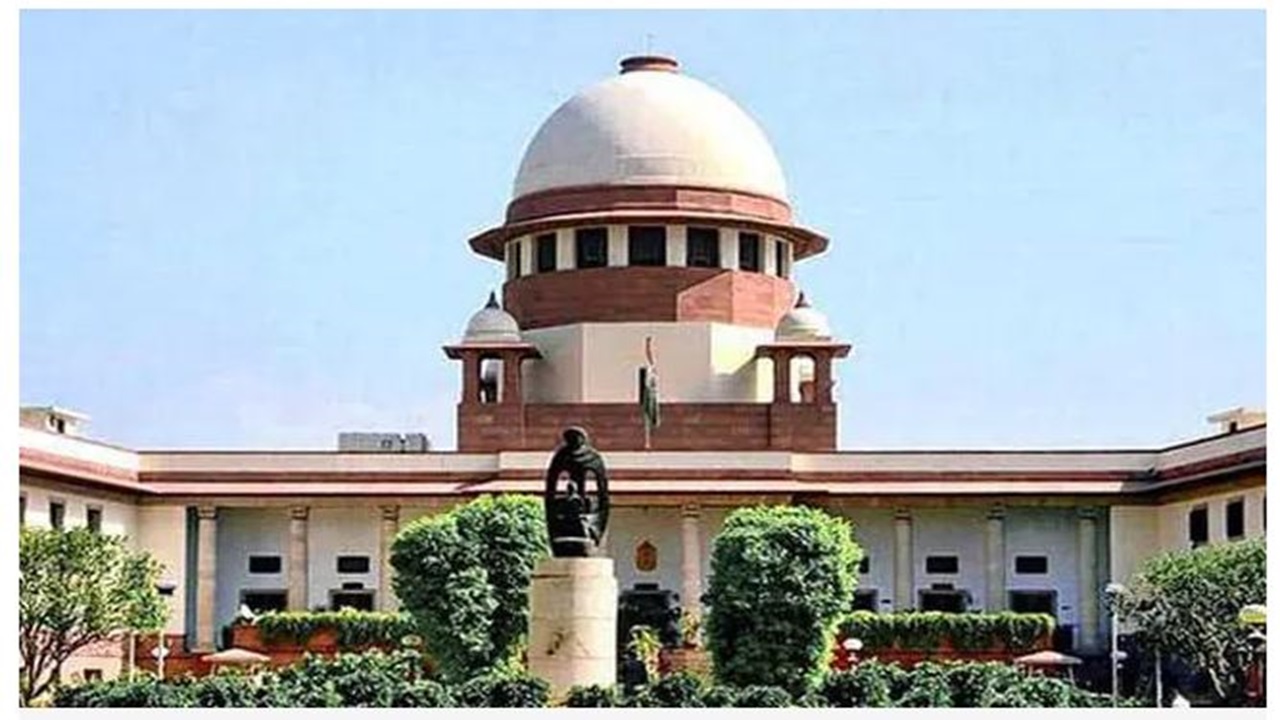
The Supreme Court has directed the States and Union Territories to file an affidavit, addressing all issues related to the condition of prisoners languishing in various jails across the country.
Taking suo motu cognisance of the inhuman conditions in 1382 prisons, the Bench of Bench of Justice Hima Kohli and Justice Ahsanuddin Amanullah, while mentioning the Rama Murthy v State of Karnataka case, noted that this Court had identified some problems plaguing jails in India in that case, some of which continued to linger till today.
It further directed the States/UTs to holistically address all issues related to the prisoners, including capacity enhancement or augmentation of inmates; and creation of posts for wardens, cooks, doctors, and various jail staff.
The Bench noted that prisoners were covered under Article 21 of the Constitution of India. In Sunil Batra (II) v Delhi Administration, this Court had pointedly answered that prisoners were persons entitled to Fundamental Rights even while in custody.
The Apex Court took note of the conditions of prisons in the States of Bihar, Punjab, Chhattisgarh, Rajasthan, Jharkhand, Odisha, and Kerala.
Senior Advocate and Amicus Curiae (AC) Gaurav Agrawal, while filing a note summarising details of the information received from these States, apprised the Bench that in Bihar, overcrowding in jails has been flagged, especially in District Jails at Aurangabad,
Darbhanga, Gopalganj, Khagaria, Lakhisarai, Madhepura, Biharsharif, Navadah, Saharsa, Chapra, Sitamarhi, Siwan, Supaul and Hajipur.
A similar condition of prisoners was found in Adarsh Central Jail, Beur and Central Jail, Purnea.
He said in some jails, the capacity enhancement was likely to be completed by the end of Financial Year (before March 2025), whereas in other jails, suitable land was still being identified.
Coming to the state of Punjab, the AC highlighted overcrowding in jails and pointed out some timelines for infrastructural improvement in jails and their upgradation.
He said in Chhattisgarh, the total capacity of 33 jails was 14483 whereas currently 18343 prisoners were lodged. In Rajasthan, 30 works relating to the construction of jails were ongoing, including the construction of District Jail Dungarpur, which was likely to be completed by August 31, 2024.
In Jharkhand, various recommendations were made by the Committee for 14 Jails (Central/District) and the Government sought information wherever new prisons have been recommended for establishment, noted the AC.
He said in Odisha, additional wards have been constructed in 29 selected jails to address the problem of overcrowding in eight jails. No action was taken by the Kerala government regarding overcrowding issues in 13 prisons, added the AC.
After going through the reports, the bench noted that on careful consideration of the stands taken by the States supra as also th
as also the oral submissions of various other States made through their respective learned counsel, this Court was constrained to observe that the state governments/Union Territory administrations have not fully woken up to the dire situation.
The top court of the country said bereft of a sense of urgency, it sensed a certain lethargy. It was most unfortunate that upon queries put by the Court to the counsels appearing for the States, the standard response received was that further time be given to come up with details.
The Bench directed that appropriate response(s) be filed by way of additional affidavits personally affirmed by the Chief Secretary of the State/UT concerned, at least a week before the next date of hearing, with advance copies to the AC.
It further took note of the suggestion made by some counsels that the Court may specify some common/ uniform parameters for States/UTs to create facilities in prisons.
The Apex Court suggested that specifications/parameters for jails may be in terms prescribed by and under the Model Prison Manual 2016 issued by the Government of India, Ministry of Home Affairs.
Mere existence of a large campus area would not per se mean that the capacity has been enhanced or augmented, it said, adding that the States, UTs should check whether the requisite facilities for each individual prisoner were adequate in terms of sleeping area, mobility within the prison, kitchen/food, health facilities, other matters.
The view of this Court in respect of prisoners and undertrials was exposited in State of Maharashtra v Prabhakar Pandurang Sangzgiri and Mohan Patnaik v State of Andhra Pradesh, noted the Bench.
The Apex Court said it expected all stakeholders to 'rise to the occasion' and discharge the obligation cast on them as expeditiously as possible. The matter has been listed for further hearing on July 11, at the top of the Board.
AOR Mahfooz Ahsan Nazki appeared for the respondents.
.png)





.jpg)

.jpg)
.jpg)
.jpg)
